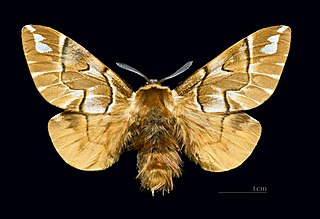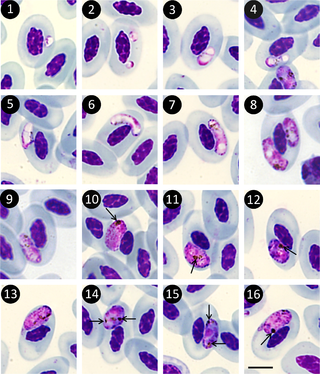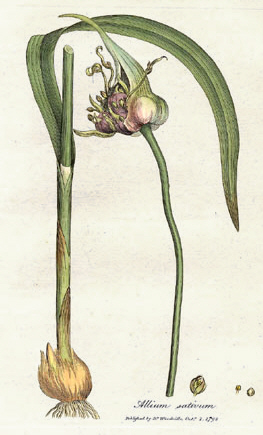Pyrosis is a genus of moths in the family Lasiocampidae. The genus was first described by Oberthür in 1880. The moths live in Asia.

Endromidae is a family of moths consisting of 16 genera with 72 species. This relictual family is related to the families Carthaeidae, Anthelidae, and Phiditiidae as part of the bombycine group “CAPOPEM”.

Triplophysa is a genus of fish in the family Nemacheilidae found mainly in and around the Qinghai-Tibet Plateau in China, as well as inland waters of the larger part of central Asia. They can be distinguished from other genera of Nemacheilidae by marked sexual dimorphism, including the development of nuptial tubercles on breeding males. Currently, the genus is a mixed assemblage of species. Some lineages have been identified and treated as subgenera, but as Wikipedia follows Fishbase for fish species all but Hedinichthys have been treated as subgenera in Wikipedia, although Kottelat in his revision of the loaches did recognise them as valid. FishBase, however, includes these in Triplophysa without specifying subgenera and treats the names given by Kottelat as synonyms.

Dysauxes is a genus of moths in the family Erebidae. The genus was erected by Jacob Hübner in 1819.

Manulea is a genus of moths in the family Erebidae erected by Hans Daniel Johan Wallengren in 1863. The type species is Lithosia gilveola Ochsenheimer, 1810.

The Haemosporida are an order of intraerythrocytic parasitic alveolates.
Diostracus is a genus of flies in the family Dolichopodidae. It includes about 100 species described from the Nearctic, Palaearctic and Oriental realms. In 2013, it was expanded to include the former genera Lagodechia and Sphyrotarsus as subgenera.
Achromatorida is an order of non-pigmented intraerythrocytic parasitic alveolates belonging to the subclass Haemosporidiasina. The order was created by Jacques Euzéby in 1988.

Andraca is a genus of moths of the family Endromidae.

Mustilia is a genus of moths of the Endromidae family. The genus was previously placed in the subfamily Prismostictinae of the Bombycidae family.
Mustilizans andracoides is a moth in the Endromidae family. It was described by Vadim V. Zolotuhin in 2007. It is found in Yunnan, China.
Mustilizans eitschbergeri is a moth in the family Endromidae. It was described by Vadim V. Zolotuhin in 2007. It is found in Shaanxi, China.
Mustilizans lepusa is a moth in the family Endromidae. It was described by Vadim V. Zolotuhin in 2007. It is found in Vietnam.
Mustilizans sinjaevi is a moth in the family Endromidae. It was described by Vadim V. Zolotuhin in 2007. It is found in Vietnam.
Mustilizans baishanzua is a moth in the Endromidae family. It was described by Yang in 1995. It is found in China (Zhejiang).
Mustilizans dierli is a moth in the family Endromidae. It was described by Jeremy Daniel Holloway in 1987. It is found on Borneo and in Yunnan, China. It is found at elevations ranging from lowlands to 2,000 meters.
Mustilizans drepaniformis is a moth in the family Endromidae. It was described by Ji-Kun Yang in 1995. It is found in Zhejiang, China.

Mustilizans hepatica is a moth in the family Endromidae. It was described by Frederic Moore in 1879. It is found in India, Thailand and Peninsular Malaysia.
Mustilia orthocosta is a moth in the Endromidae family. It was described by Yang in 1995. It is found in China (Zhejiang).

Allium is a genus of monocotyledonous flowering plants with hundreds of species, including the cultivated onion, garlic, scallion, shallot, leek, and chives. The generic name Allium is the Latin word for garlic, and the type species for the genus is Allium sativum which means "cultivated garlic".








